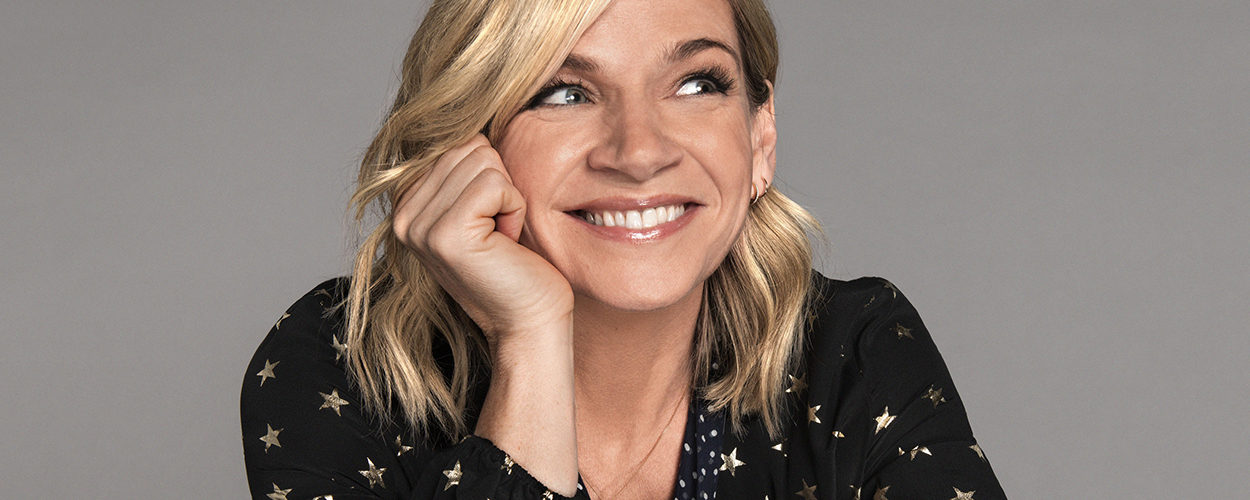This website uses cookies so that we can provide you with the best user experience possible. Cookie information is stored in your browser and performs functions such as recognising you when you return to our website and helping our team to understand which sections of the website you find most interesting and useful.
And Finally Business News Media
Zoe Ball took voluntary £380,000 pay cut when renegotiating her new Radio 2 deal
By Chris Cooke | Published on Wednesday 7 July 2021

Zoe Ball took a voluntary pay cut of £380,000 when agreeing her most recent deal with the BBC as host of the Radio 2 breakfast show, reckoning that her previous pay packet was unjustifiable in the midst of the COVID pandemic. But before you organise a whip-round to help Ball keep food on the table, she’s still on £980,000 a year, so I wouldn’t worry too much. That makes her the Beeb’s second highest paid employee behind Gary Lineker, who’s on £1.36 million.
We know this because the BBC, of course, is obliged to publish information on how much of the TV licence fee it spends on its highest paid on-air talent and behind-the-scenes executives. If you’re interested, Radio 2’s afternoon host Steve Wright is in third place on a mere £465,000.
If you’re wondering why two Radio 2 presenters are in the top three, that’s partly because it’s the most listened to radio station in the UK, boasting many of the British radio sector’s biggest shows in audience terms.
Although it’s also because the BBC circumvents the rules with its biggest telly programmes, which are produced by its commercial arm and therefore not subject to the transparency rules on what it pays its actors and hosts. Therefore the published list of highest paid on-air talent tends to be made up mainly of people involved in the BBC’s news and sport output, and its radio stations.
While Ball’s breakfast show is still the most listened to radio show in the UK – with over eight million listeners – she has never quite pulled in the size of audience enjoyed by her predecessor in the job, Chris Evans. Well, that’s the assumption. We’ve not had any new official radio listening figures during COVID. Maybe she now has an audience of eight billion. Or eight.
Unveiling the latest pay packet figures, BBC boss Tim Davie – who himself is on £525,000 a year – was keen to talk up all the new economies he is introducing at the BBC, presumably to placate the broadcaster’s always vocal critics within the political community. What with those critics enjoying more influence in the current political climate in the UK.
He told reporters: “The BBC is responding to global competition and pressure on our finances. But, we know we must do much more to ensure licence fee payers across the UK get best value from the BBC, to maintain their trust and provide a service they cannot do without. I am absolutely focussed on making the reforms we need to ensure the BBC is positioned to offer all audiences the best possible service well into the future”.





